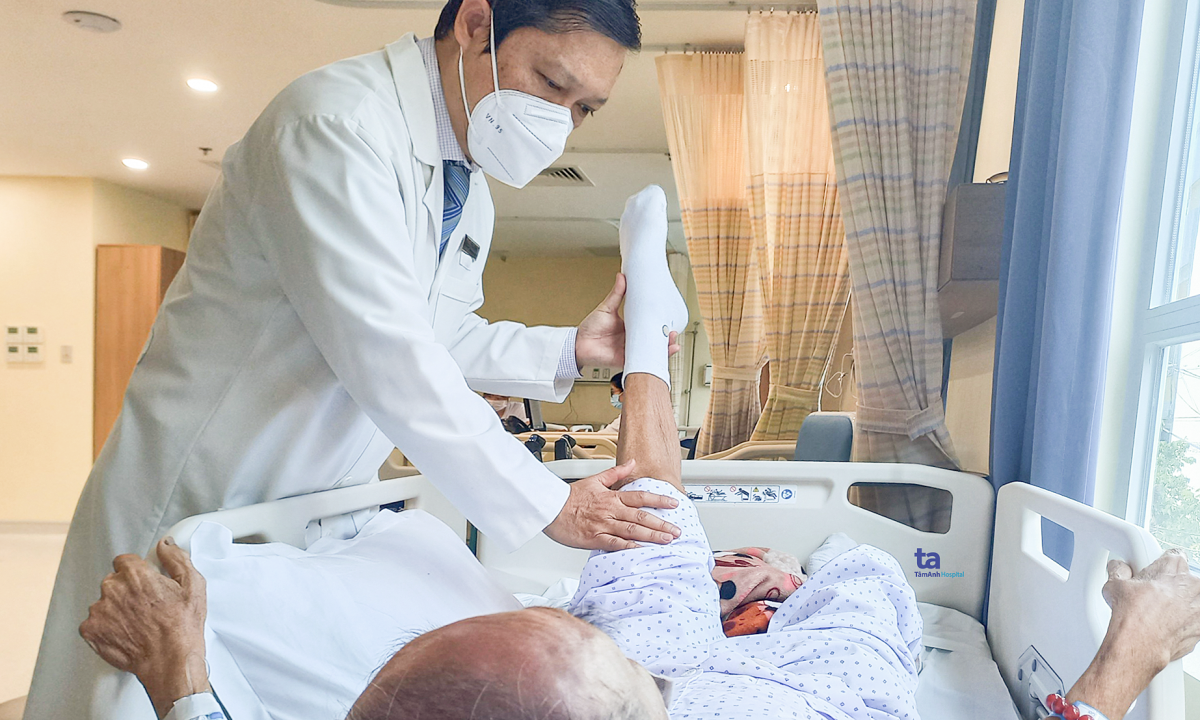
I once had a brief loss of consciousness, it happened very quickly, my blood pressure was a bit high. What disease is this, is it dangerous? (The Kien, Ho Chi Minh City)
Reply:
You have not specified what the loss of consciousness was like, for example, how long it lasted, whether you were aware of your surroundings or if it was accompanied by seizures, so we cannot draw a specific conclusion. However, a transient loss of consciousness can be a sign of a seizure or a transient ischemic attack (TIA), depending on the accompanying symptoms.
If you have a brief loss of consciousness accompanied by uncontrollable jerking of your arms and legs or stupor, blinking of your eyes, or collapse (usually lasting a few minutes), it is considered a suspected seizure.
There are two types of seizures: absence seizures and partial-onset seizures with impaired awareness (called complex partial seizures).
Absence seizures often occur in young children. For example, children who are studying or playing sometimes stand still, staring for a few seconds to a few dozen seconds, then return to normal.
Complex partial onset seizures can occur in children or adults. People with partial seizures lose communication but may move their arms and legs, slur their words, or have twitching limbs.
A doctor who suspects a person has epilepsy will order further tests such as brain imaging (e.g. MRI) and electroencephalography (EEG). Difficult cases may require a 24-hour EEG. If seizures occur at night, polysomnography may be used to diagnose the condition.
In the case of transient loss of consciousness related to a transient ischemic attack (TIA), the duration of the loss of consciousness is usually longer than that due to epilepsy, about a few dozen minutes or it can last for more or less than an hour depending on the person. During that time, the patient may not be able to communicate.
If you lose consciousness due to a transient ischemic attack, this is a dangerous condition. People with transient ischemic attacks have a very high rate of actual stroke and brain damage. Doctors will order relevant clinical tests to evaluate and screen for early stroke.
You should go to a hospital with a neurology department for an early examination so that the doctor can promptly find the cause, diagnose and treat it, avoiding dangerous consequences.
Dr. Le Van Tuan
Director of the Center for Neuroscience
Tam Anh General Hospital, Ho Chi Minh City
| Readers ask questions about neurological diseases here for doctors to answer |
Source link



![[Photo] President Luong Cuong holds talks with South African President Matamela Cyril Ramaphosa](https://vphoto.vietnam.vn/thumb/1200x675/vietnam/resource/IMAGE/2025/10/23/1761221878741_ndo_br_1-8416-jpg.webp)



![[Photo] Prime Minister Pham Minh Chinh chairs meeting on railway projects](https://vphoto.vietnam.vn/thumb/1200x675/vietnam/resource/IMAGE/2025/10/23/1761206277171_dsc-9703-jpg.webp)


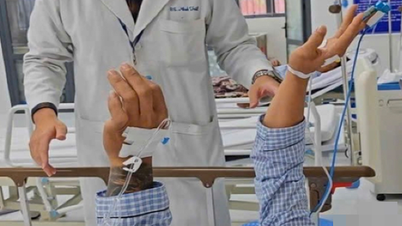

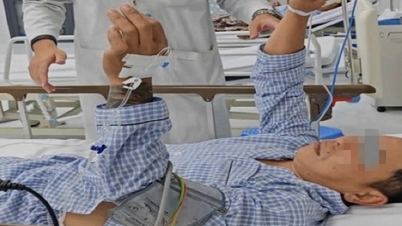






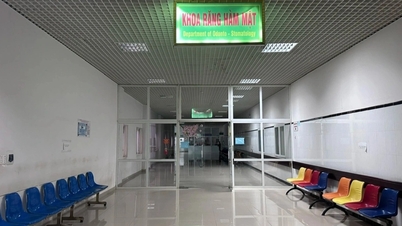


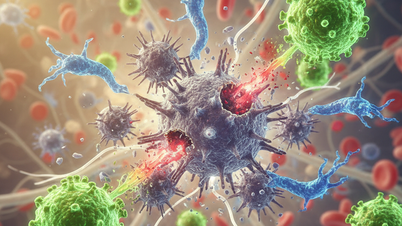

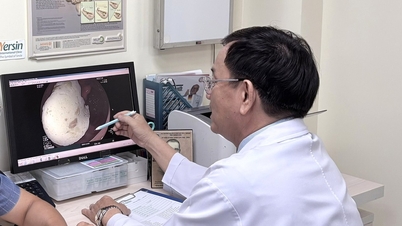
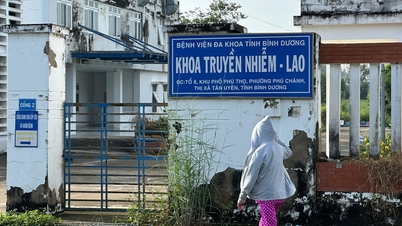

































































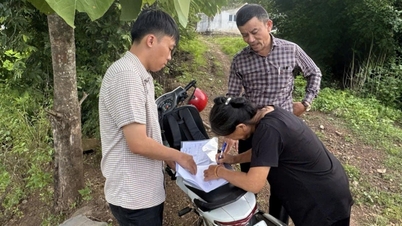




















Comment (0)